Stair treads are, in the simplest terms, the parts of stairs that you step on. They are spaced at even intervals as a safety measure. Aluminum, plastic, and wood are just a few of the materials that can be used to make these components. Read More…
All Plastics and Fiberglass prefabricates gratings products including fiberglass gratings, bar gratings and floor gratings. We offer online ordering of our in-stock products to accommodate all our current and potential customers.

Strongwell is the world's leading pultruder of FRP structural components. Strongwell’s products include structural shapes, plate, fiberglass grating, building panels, handrail systems, ladder & cage systems, bridge decks, cooling tower components, planking systems, and custom shapes. If you would like more information about our company then please let us know!
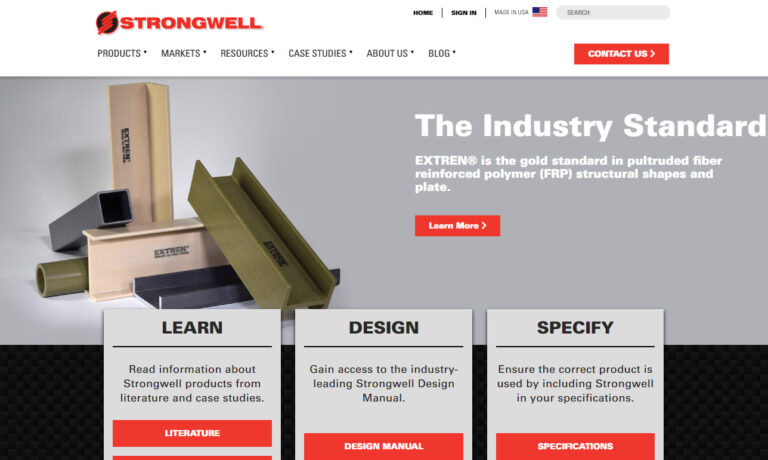
Indiana is the benchmark other manufacturers strive to achieve. This financially strong, family owned company with over 35,000 sq. ft. of manufacturing area offers cost-effective, quality structural, decorative products, including precision crafted light & heavy duty welded gratings. Operating in accordance with NAAMM standards, Indiana has built its reputation on "personal service".
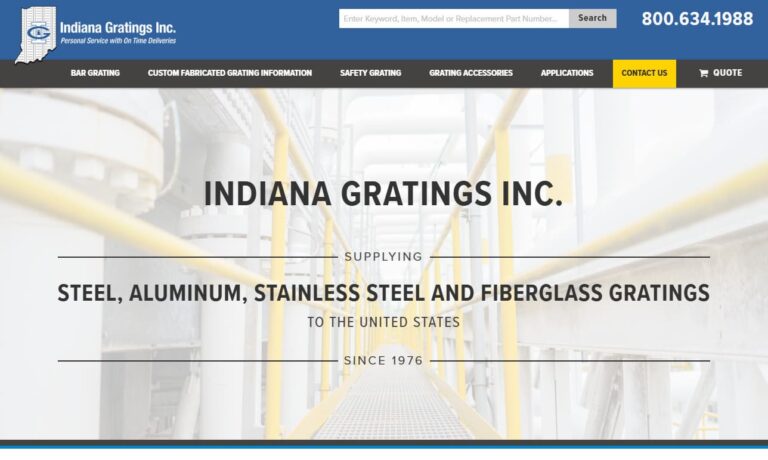
At Ryan Herco Flow Solutions, we take pride in delivering durable and reliable floor gratings designed to meet the highest standards of performance and safety. We understand the critical role that flooring systems play in industrial and commercial environments, and we engineer our floor gratings to provide strength, stability, and long-lasting value.
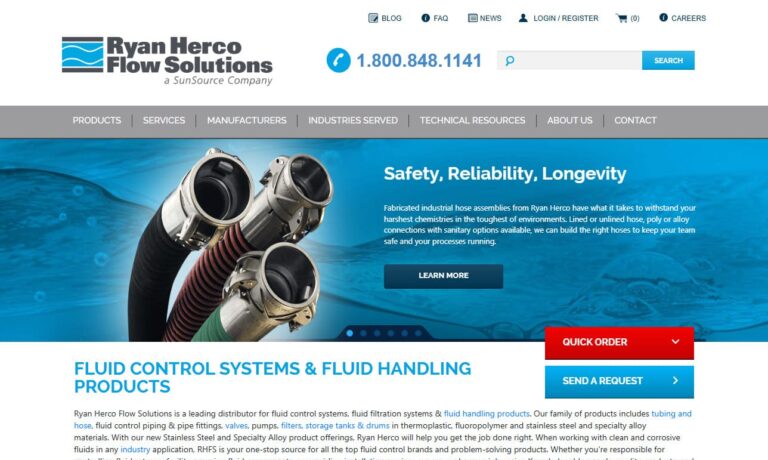
More Stair Tread Manufacturers
They commonly feature pre-punched gratings as a safety feature and pre-formed carrier plates (the bottom limitation of each railing section welded between each pair of railing posts) set at standardized carrier angles (a stair tread support system) for prompt installation. They also feature clearly-defined nosings (the protrusion stretching slightly past the riser, or space between one step and the next) that extend past their edges to provide people more room to safely step on. Stair treads not only protect both the user but also the stair material below from wear and damage.

Use of Stair Treads
Stair treads are present when using a staircase to reach a higher or lower level, either at home or in an industrial setting. Stair treads are used to prevent falls by providing a person a stepping platform while changing levels. A stair tread, along with the riser that evenly sets the space between steps, is a crucial component of a staircase since it is the part of the step that a person would stand on while changing levels. Simple ladders can also be found with stair treads in order to prevent falls for those climbing up and down their rungs.
Types of Stair Treads
Steel Stair Treads
Metal stair steps are durable and have an industrial, rustic look. Steel treads are frequently chosen for spiral staircases because they go well with the open-beam architecture. It's crucial to offer some type of traction when using metal treads. This could take the form of a metal grating, a diamond plate surface, or a pattern of holes in the treads. Type "W" welded, type "SL" swage locked, or type "DT" dovetail pressure locked steel grating stair treads are all options. With wider-spaced gratings, carrier plates are advised, whereas, with narrower-spaced gratings, carrier angles are advised. Checker plate, cast abrasive, and FRP abrasive options are available as for noses.

Aluminum Stair Treads
Aluminum stair treads are great for exterior stairs because of their immunity to rust and corrosion. They are capable of withstanding any weather. Aluminum treads increase safety when used with grating for non-slip outdoor working settings. Since outdoor stair treads are not solid, work boots can deposit stones and mud that could pose a slip hazard. However, gravity assures that any hazardous debris released from work boots falls to the ground via the voids in the stair treads. Depending on where they will be used, aluminum grating stair treads come in a variety of designs. For instance, if they are to be used in public settings rather than at home, they might need to be stronger.

Fiberglass Treads
An increasing number of people are using fiberglass stair treads because of their mix of usability, toughness, and design versatility. These stair treads are a third the weight of steel, lightweight, skid-resistant, low-maintenance, fire-resistant, and corrosion-resistant. Pultruded FRP is the best choice if one needs bigger steps but requires additional strength. Fiberglass stair treads created by using a pultrusion technique can be produced that are highly robust and flex-resistant, which can support up to 500 pounds, and provide years of dependable service. Due to its non-slip surface, FRP is a secure option for crossover work platforms. Additionally, it is corrosion-resistant and non-conductive, which are crucial for crossings.

Ladder Rungs
Ladder rungs containing a tread grip have a narrow channel shape. Such ladder rungs have hand-over-hand friendly surfaces and are easily manufactured by fabricators of ladders. They are created using a cold-forming method and have tiny perforated dimples all over them. Tread grip ladder rungs are moderately slip-resistant, allow for fast installation, and are versatile in use as well.

Benefits of Stair Treads
Protecting the Surface of Stairs
Not only can stair treads greatly increase user safety, but they also shield the steps from daily use. They lessen surface blemishes including scuffs, scratches, and stains.
Simple to Replace
They can be easily replaced with new ones after they have worn out or become damaged, keeping the area below well-protected.
Safety
Depending on the material they are made from, stair treads can be quite weather resistant while still providing enhanced traction and safety from falls due to hostile conditions.
Economical
Employing wood stair treads is more economical than pouring concrete steps with built-in treading. However, wood stair treads do require more maintenance over time. Aluminum, steel, and fiberglass stair treads are affordable and occasionally necessary for architectural reasons.
Versatile and Attractive
Stair treads can be designed from a variety of materials to suit a variety of styles and purposes. Aluminum, for example, is the best material to choose if one wants an industrial style.
Choosing the Right Stair Tread Supplier
To ensure you have the most positive outcome when purchasing stair treads from a stair tread supplier, it is important to compare several companies using our directory of stair tread suppliers. Each stair tread supplier has a business profile page highlighting their areas of experience and capabilities, along with a contact form to directly communicate with the supplier for more information or request a quote. Review each stair tread business website using our patented website previewer to quickly learn what each company specializes in. Then, use our simple RFQ form to directly contact multiple stair tread companies with the same form.



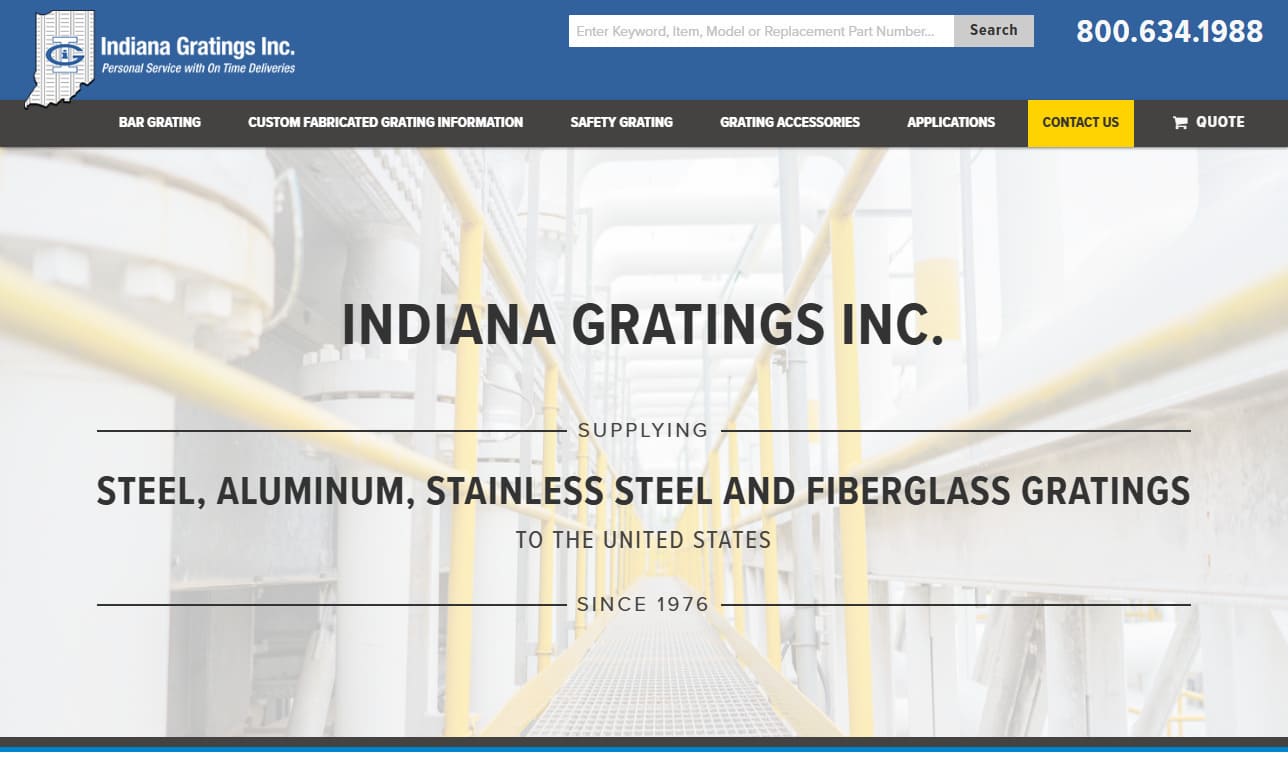
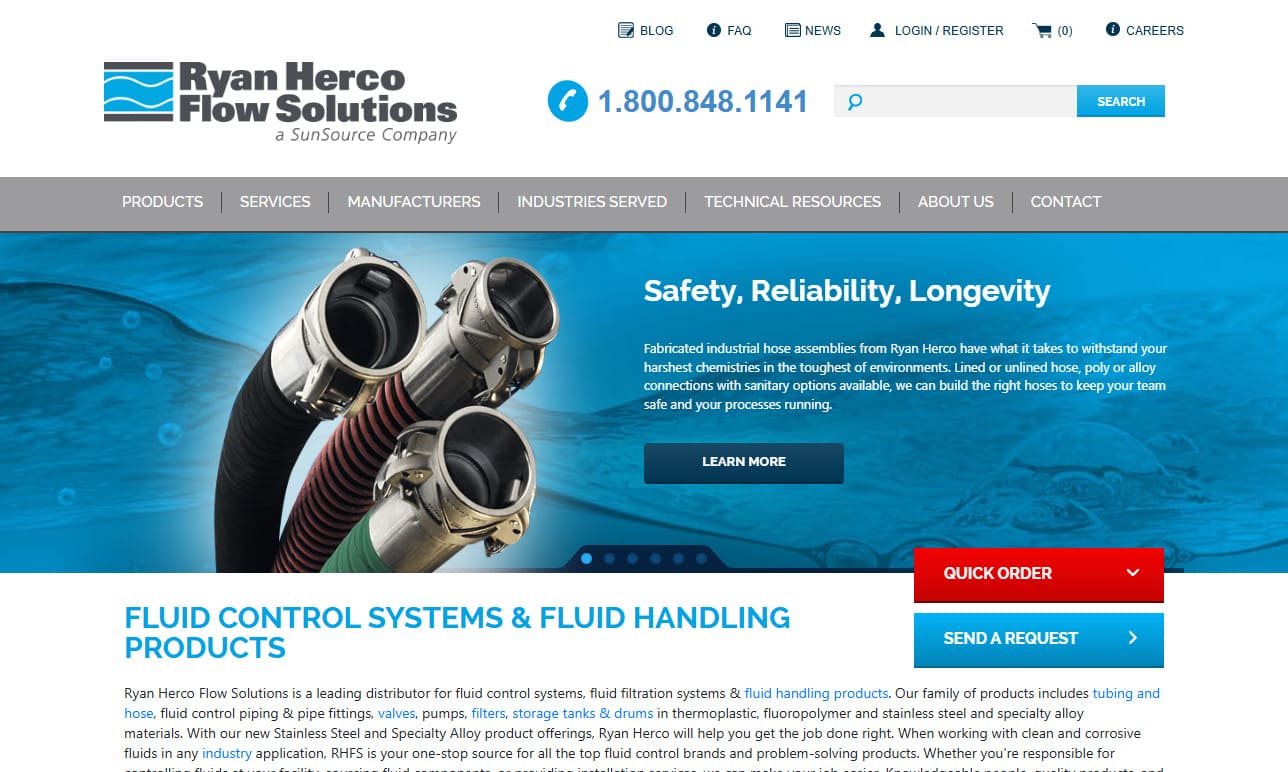
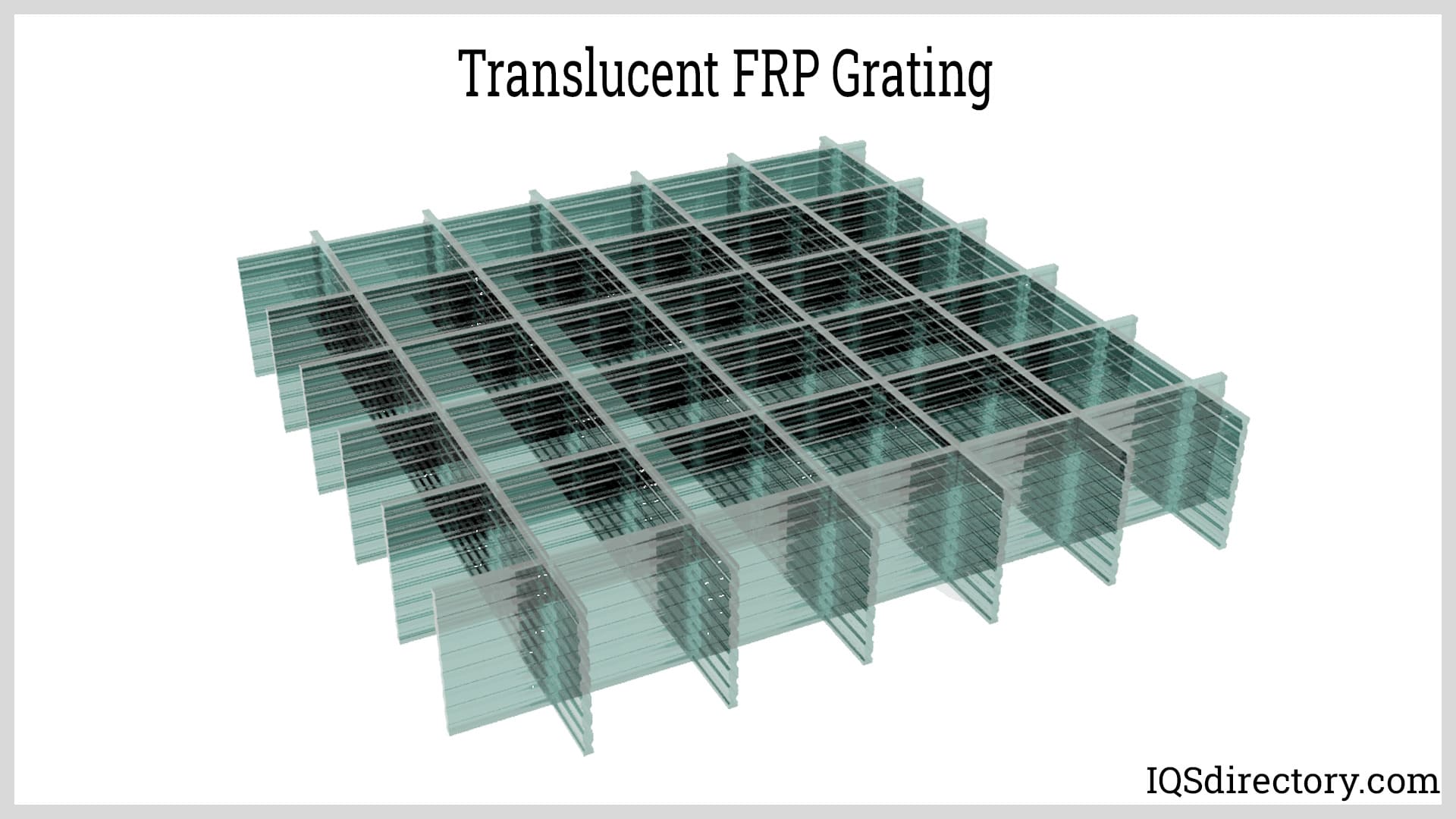
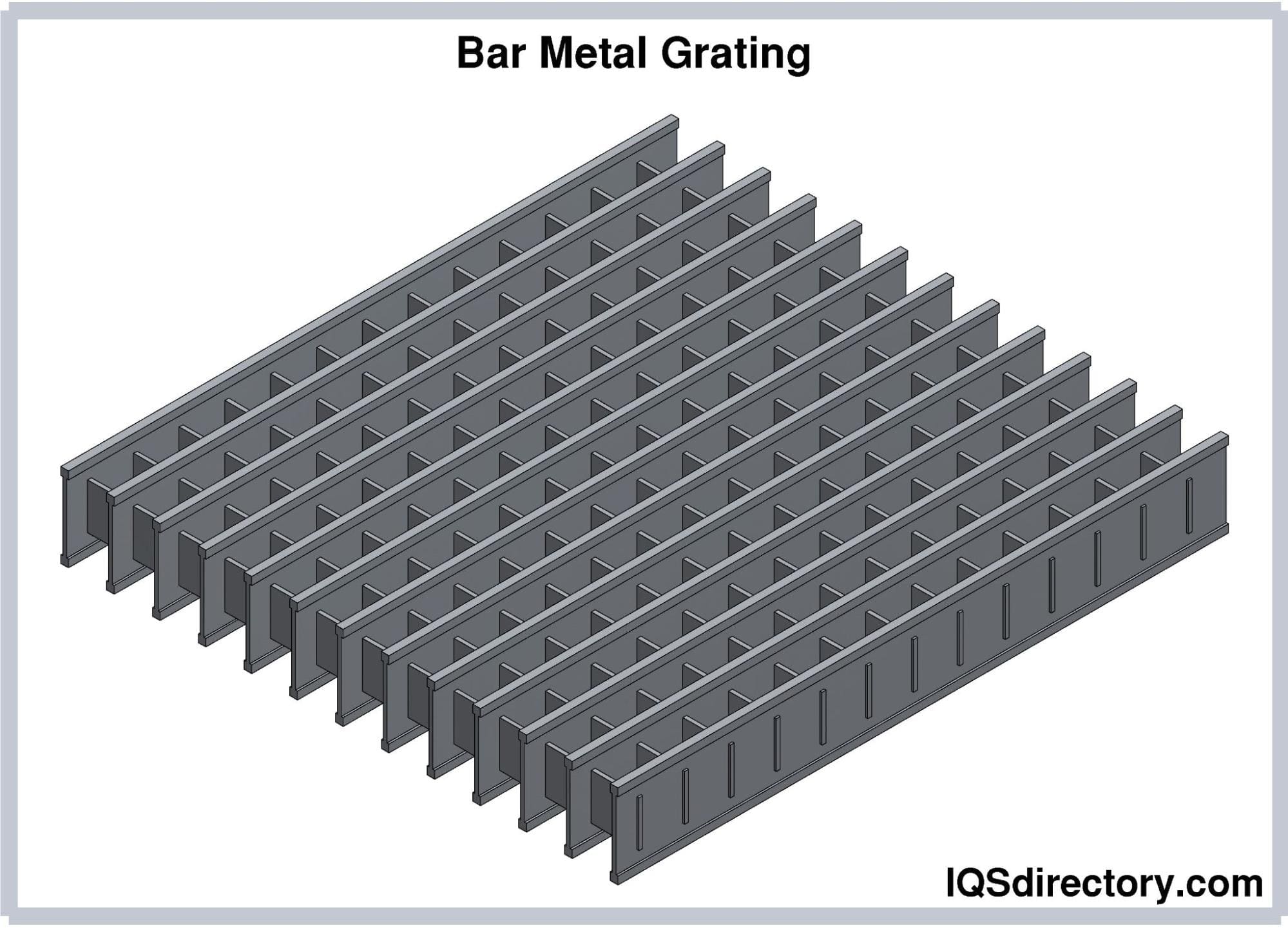
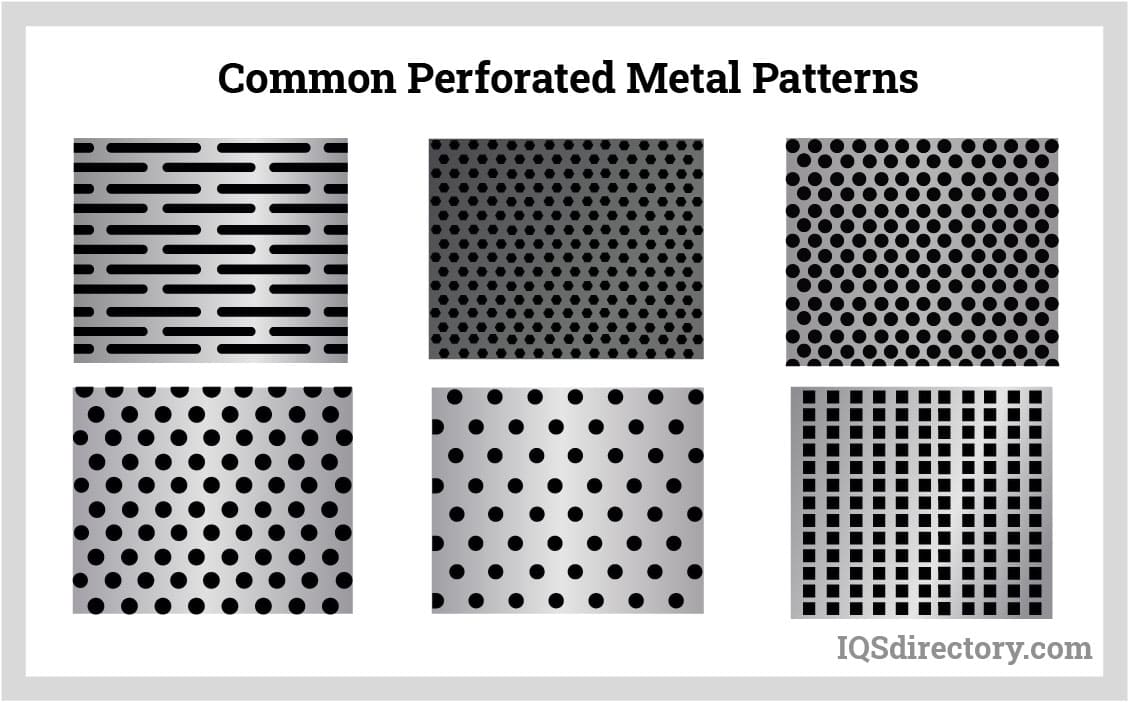
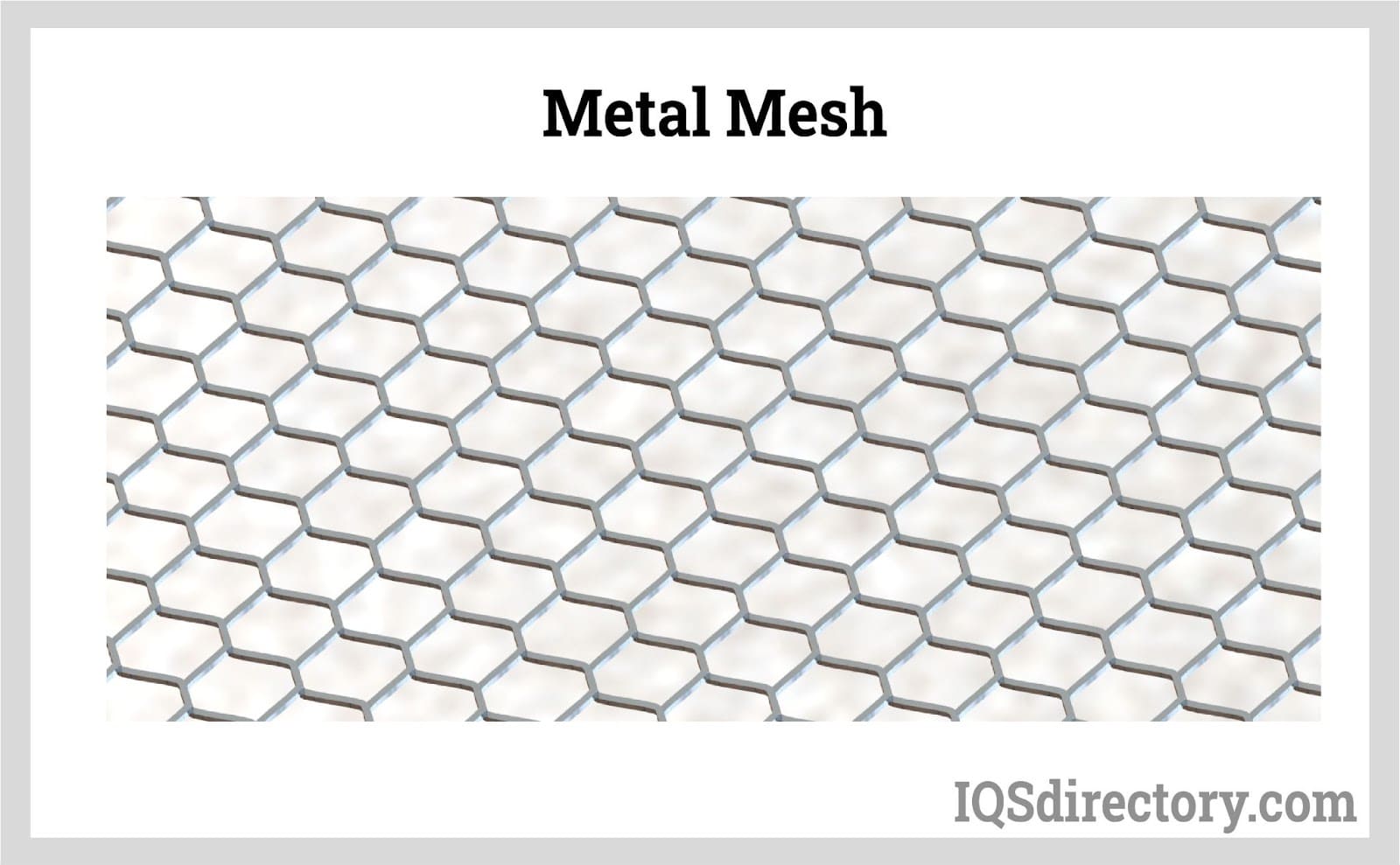
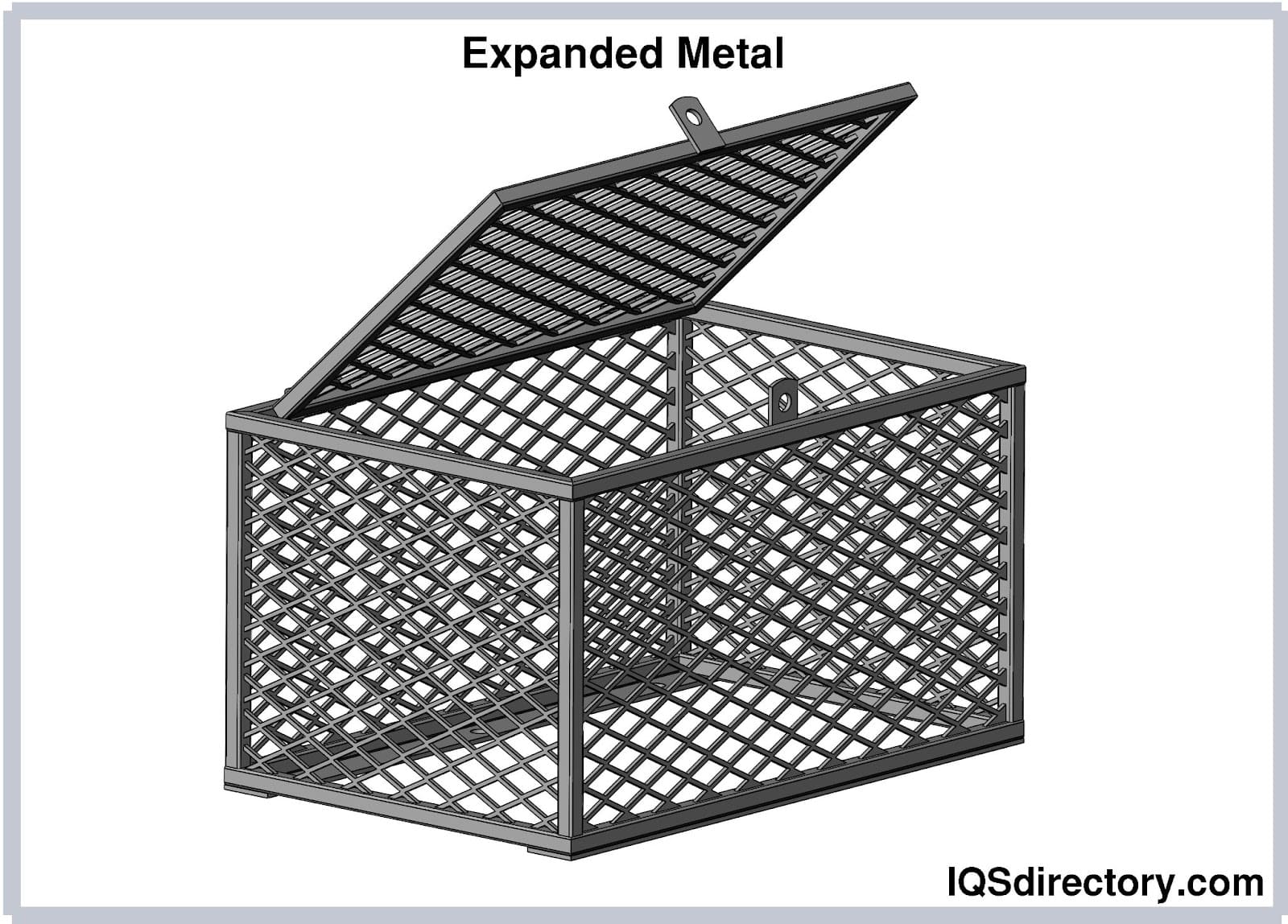
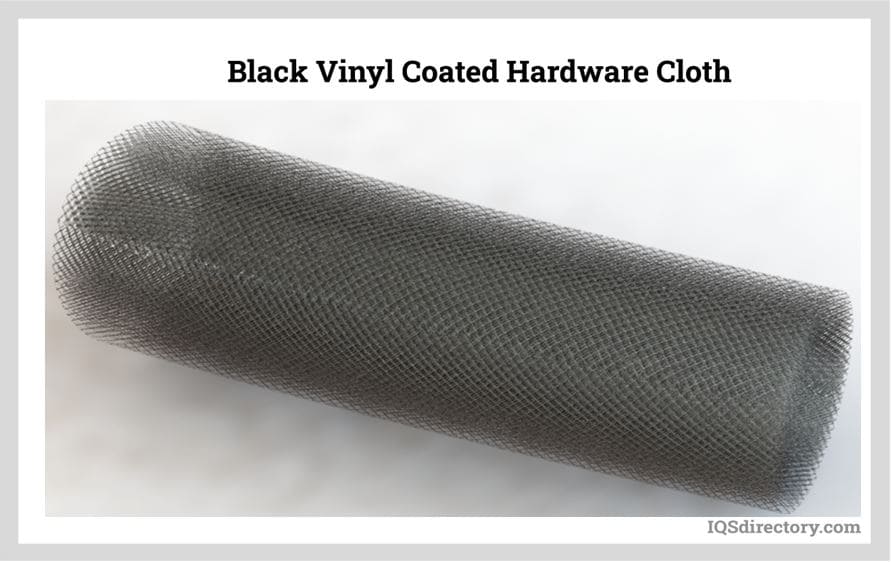
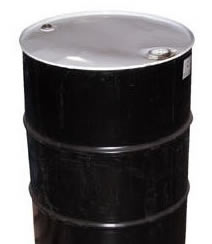 55 Gallon Drums
55 Gallon Drums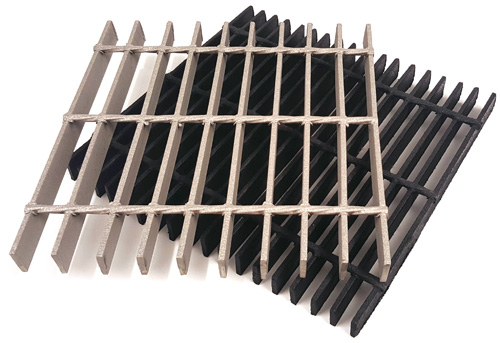 Floor Gratings
Floor Gratings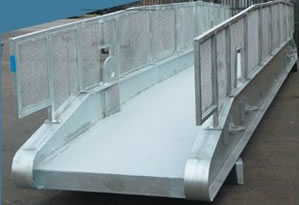 Mezzanines
Mezzanines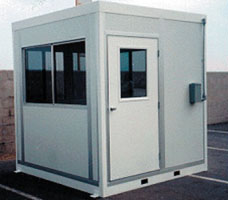 Modular Buildings
Modular Buildings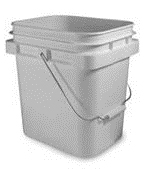 Plastic Containers
Plastic Containers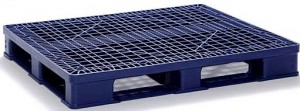 Plastic Pallets
Plastic Pallets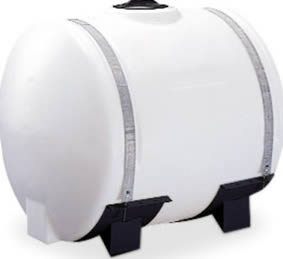 Plastic Tanks
Plastic Tanks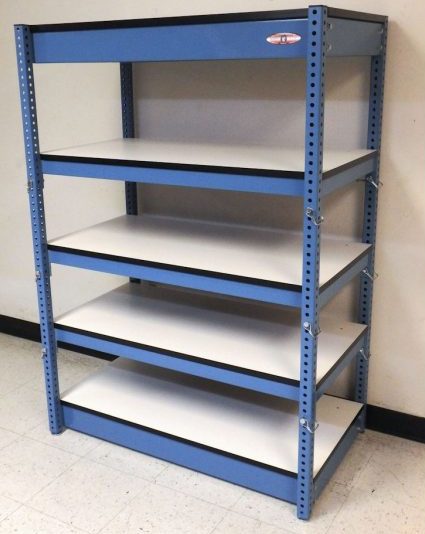 Steel Shelving
Steel Shelving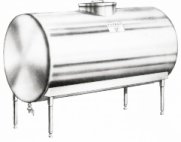 Stainless Steel Tanks
Stainless Steel Tanks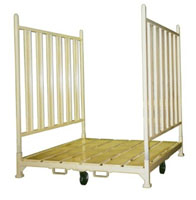 Storage Racks
Storage Racks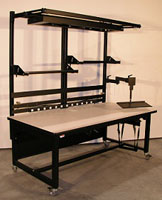 Work Benches
Work Benches Castings & Forgings
Castings & Forgings Bulk Material Handling
Bulk Material Handling Electrical & Electronic Components
Electrical & Electronic Components Flow Instrumentation
Flow Instrumentation Hardware
Hardware Material Handling Equipment
Material Handling Equipment Metal Cutting Services
Metal Cutting Services Metal Forming Services
Metal Forming Services Metal Suppliers
Metal Suppliers Motion Control Products
Motion Control Products Plant & Facility Equipment
Plant & Facility Equipment Plant & Facility Supplies
Plant & Facility Supplies Plastic Molding Processes
Plastic Molding Processes Pumps & Valves
Pumps & Valves Recycling Equipment
Recycling Equipment Rubber Products & Services
Rubber Products & Services